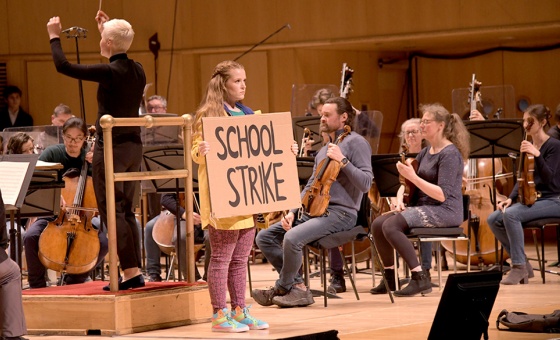ANTI-COLONIAL campaigners are right to note that a museum dedicated to slavery, as proposed for London by the Fabian Society, could only be the start of the process of challenging Britain’s imperial history and its legacy today.
That isn’t to dismiss the suggestion, made in the report Capital Gains and endorsed by London’s Mayor Sadiq Khan. The slave trade was a historic atrocity on a vast scale, as human beings were harvested in their millions from central and western Africa and shipped across the Atlantic, many dying on the way, to be sold into bondage.
Britain was the dominant trafficker in slaves for centuries and too few learn of the key role this horrific trade played in the development of British capitalism. As Karl Marx noted in Capital: “The discovery of gold and silver in America, the extirpation, enslavement and entombment in mines of the aboriginal population, the turning of Africa into a warren for the commercial hunting of black-skins, signalised the rosy dawn of the era of capitalist production.”
No understanding of the history of the capitalist economic system is possible without reference to the slave trade. But this, as the Museum of British Colonialism’s Olivia Windham Stewart notes, is why it is essential to address the legacy of “British colonialism writ large as a global system of which slavery is a part.”
An accurate reading of history is not just valuable in itself. Pro-imperialist historical narratives continue to inform political realities in Britain today.
Modern racist ideology was a creation of the transatlantic slave trade. It continues to cost lives as well as to oppress black people in multiple ways, from ensuring they are paid less and denied more opportunities than white people to making them disproportionately the victims of state violence.
With Prime Minister Boris Johnson — who has a long legacy of making and apparently endorsing racist narratives about black people — expanding police use of stop-and-search when such tactics have a demonstrably racist record, the long shadow of the slave trade will continue to hurt people here and now. And it will not do so as an “aberration” but as an intrinsic part of the capitalist system of exploitation: “inbuilt inequality within the labour force, expressing itself through low wages and job segregation, has reproduced itself as the normal process when workers sell their labour power. Its victims are the most easily identifiable workers — black people and women,” as Communist academic Mary Davis has written in this newspaper.
Dishonest depictions of the British empire serve to encourage working people to see our country’s rulers as historic “good guys,” standing up for supposedly “British values” such as freedom and democracy against foreign tyrants and masking a colonial history dominated by massacre, plunder and artificial famines that claimed millions of victims from Ireland to India and the systematic exploitation of subject peoples.
This shores up support for British membership of aggressive military alliances such as Nato and allows warmongering politicians to sell military action against other countries on the grounds that Britain has some right to decide what constitutes acceptable or unacceptable behaviour by other countries — despite our government being among the main offenders against international law.
The labour movement and Labour Party mass membership have been largely won to the bold agenda of public ownership and sustainable economic planning offered by the Labour leadership since Jeremy Corbyn took the helm. But confusion around imperialism and the nature of Britain’s predatory global role remains rampant.
A new foreign policy that respects international law, eschews violence and seeks to unpick the tangle of trade and aid arrangements that allow the elites of a handful of imperialist countries to immiserate the vast majority of the human race will require challenging this mindset. Acknowledging the brutal reality of the British empire is part of that process.











